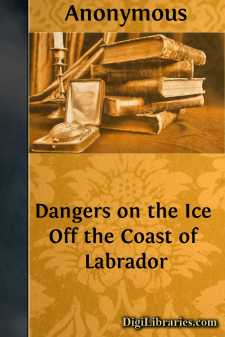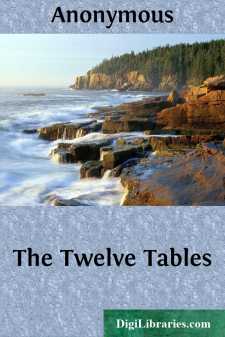Categories
- Antiques & Collectibles 13
- Architecture 36
- Art 48
- Bibles 22
- Biography & Autobiography 815
- Body, Mind & Spirit 144
- Business & Economics 28
- Children's Books 18
- Children's Fiction 14
- Computers 4
- Cooking 94
- Crafts & Hobbies 4
- Drama 346
- Education 58
- Family & Relationships 59
- Fiction 11833
- Games 19
- Gardening 17
- Health & Fitness 34
- History 1378
- House & Home 1
- Humor 147
- Juvenile Fiction 1873
- Juvenile Nonfiction 202
- Language Arts & Disciplines 89
- Law 16
- Literary Collections 686
- Literary Criticism 179
- Mathematics 13
- Medical 41
- Music 40
- Nature 179
- Non-Classifiable 1768
- Performing Arts 7
- Periodicals 1453
- Philosophy 65
- Photography 2
- Poetry 896
- Political Science 203
- Psychology 44
- Reference 154
- Religion 515
- Science 126
- Self-Help 85
- Social Science 82
- Sports & Recreation 34
- Study Aids 3
- Technology & Engineering 59
- Transportation 23
- Travel 463
- True Crime 29
Our website is made possible by displaying online advertisements to our visitors.
Please consider supporting us by disabling your ad blocker.
Dangers on the Ice Off the Coast of Labrador
by: Anonymous
Description:
Excerpt
DANGERS ON THE ICE,
OFF THE COAST OF LABRADOR
T he Moravian Missionaries on the coast of Labrador (a part of North America) for many years suffered much from the severity of the climate, and the savage disposition of the natives. In the year 1782, the brethren, Liebisch and Turner, experienced a remarkable preservation of their lives; the particulars show the dangers the Missionaries underwent in pursuing their labours. To this Narrative are added some further particulars, which show their labours were not without success.
Early on March the 11th, they left Nain to go to Okkak, a journey of 150 miles. They travelled in a sledge drawn by dogs, and another sledge with Esquimaux joined them, the whole party consisting of five men, one woman, and a child. The weather was remarkably fine, and the track over the frozen sea was in the best order, so that they travelled at the rate of six or seven miles an hour. All therefore were in good spirits, hoping to reach Okkak in two or three days. Having passed the islands in the bay, they kept at a considerable distance from the shore, both to gain the smoothest part of the ice, and to avoid the high and rocky promontory of Kiglapeit. About eight o'clock they met a sledge with Esquimaux driving towards the land, who intimated that it might be well not to proceed; but as the missionaries saw no reason for it, they paid no regard to these hints, and went on. In a while, however, their own Esquimaux remarked, that there was a swell under the ice. It was then hardly perceptible, except on applying the ear close to the ice, when a hollow grating and roaring noise was heard. The weather remained clear, and no sudden change was expected. But the motion of the sea under the ice had grown so perceptible as rather to alarm our travellers, and they began to think it prudent to keep closer to the shore. The ice in many places had fissures and cracks, some of which formed chasms of one or two feet wide; but as they are not uncommon, and the dogs easily leap over them, the sledge following without danger, they are terrible only to new comers.
As soon as the sun declined, the wind increased and rose to a storm. The snow was driven about by whirl winds, both on the ice and from off the peaks of the high mountains, and filled the air. At the same time the swell had increased so much, that its effects upon the ice became very extraordinary and alarming. The sledges, instead of gliding along smoothly upon an even surface, sometimes ran with violence after the dogs, and shortly after seemed with difficulty to ascend the rising hill; for the elasticity of so vast a body of ice, of many leagues square, supported by a troubled sea, though in some places three or four yards in thickness, would, in some degree, occasion a motion not unlike that of a sheet of paper upon the surface of a rippling stream. Noises were now likewise heard in many directions, like the report of cannon, owing to the bursting of the ice at some distance.
The Esquimaux drove with all haste towards the shore, as it plainly appeared the ice would break and disperse in the open sea....












